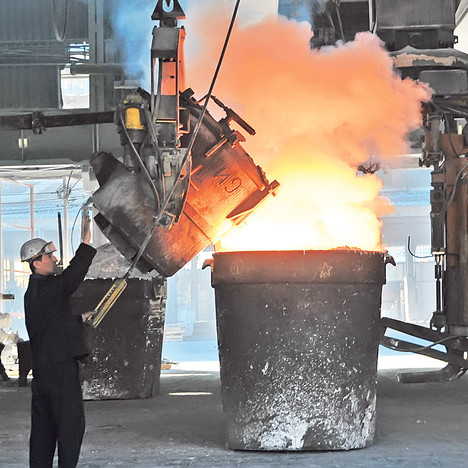 (Podgorica, 28 May 2013) – The announced increase in the value added tax (VAT) is a rash move by Montenegro’s government, lacking consensus even within its own ranks. The increase also fails to reflect the real possibilities of the Montenegrin economy, much less the financial capacity of Montenegro’s citizens to once again carry on their backs the burden of this crisis. Once again, it is the citizens who are being forced to pay for the government’s errors. The purpose of introducing the VAT increase is not to maintain fiscal stability, but to create budgetary space for the government to take on new debts from the Podgorica Aluminum Combine (KAP) at the citizens’ expense.
(Podgorica, 28 May 2013) – The announced increase in the value added tax (VAT) is a rash move by Montenegro’s government, lacking consensus even within its own ranks. The increase also fails to reflect the real possibilities of the Montenegrin economy, much less the financial capacity of Montenegro’s citizens to once again carry on their backs the burden of this crisis. Once again, it is the citizens who are being forced to pay for the government’s errors. The purpose of introducing the VAT increase is not to maintain fiscal stability, but to create budgetary space for the government to take on new debts from the Podgorica Aluminum Combine (KAP) at the citizens’ expense.
MANS calls on Vujica Lazovic, the Vice-president for Economic Policy and the Financial System – who has been one of the most vocal opponents of the VAT increase within the ruling coalition – to open up a public debate about Montenegro’s current economic situation, as well as a discussion of the different options available to correct its current economic course without resorting to the further (and brutal) stuffing of the government’s hand into the already empty pockets of Montenegro’s impoverished citizens.
In spite of the Finance Minister’s claims that the burden of the VAT increase will not fall on the shoulders of the average citizen, it is clear that the move will actually increase prices and contribute to inflation (which was confirmed by opponents of the measure within the ruling coalition). Vujica Lazovic opposed the measure because of the near certain price increase it would cause and because “the main burden would fall on all consumers / citizens of Montenegro.” Lazovic’s opposition at the time was so firm that he “seriously considered whether or not to remain in an executive that would take such a step.”
On the other hand, the Ministry of Finance has justified the measure by pointing to the budgetary deficit (that is the disjuncture between budget revenues and expenses). If we recall that last year one of the greatest expenses, which triggered the need to rebalance the budget, was the payment of KAP’s debts, and that this year another €60-million in payments is coming due to cover electricity expenses, it isn’t hard to conclude that the increase in taxes represents an effective “KAP tax” on citizens.
Following the adoption of the “euro for euro” law last year, which aimed to fill the budgetary gap created by the activation of loan guarantees made by the government on behalf of KAP with Deutsche Bank, as well as the introduction of a ‘crisis tax’ which placed further burdens on low salaries, the new “KAP tax” would add additional burdens on Montenegro’s impoverished public in order to cover the costs of stolen electricity.
We believe that prior to taxing the citizens, it is important to explore other sources of financing to cover the state deficit. This is particularly true when it comes to those sources of financing that have contributed very little in taxes due to the state’s neglect or possible corruption. Thus, the level of unpaid taxes considerably exceeds the amount that would be collected by increasing the VAT, while the government can also resort to other mechanisms for raising budget revenues by introducing new and increasing existing taxes on luxury goods and services.
For this reason, the government should, prior to the eventual adoption of the law concerning the increase of the tax rate, initiate a public debate that would help identify ways of balancing the budget and maintaining fiscal stability.



